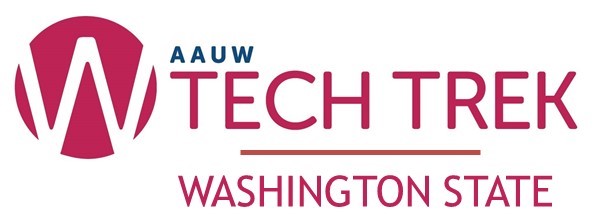- Science
- Technology
- Engineering
- Mathematics
Tell us what you do in your profession.
As an Evidence/Property Control Specialist, my job consists of the following.
- Maintain continuous chain of custody of evidence/property including appropriate signatory requirements.
- Provide serviced for evidentiary matters to the department, prosecuting attorneys, and courts system.
- Provide immediate response to breaches of security and emergency situations.
- Assist superiors and law enforcement officers with investigations of incidents.
- Document and execute, in conjunction with designated witness/supervisors, the physical destruction of controlled substances and firearms.
- Prepare and transmit controlled substances to State Crime Laboratory for Forensic analysis. As well, receive final reports and disseminate accordingly. (This includes Weighing drugs during intake, before transport, and upon return)
- Physically transfer evidentiary items to Prosecuting attorneys, Courts, officers, and the State Crime Labs.
- Enter/ retrieve information from NCIC/WACIC computer databases relating to person, vehicle, and firearm information.
- Assist in packing, drying, photographing and storing bio-hazardous evidence.
- Testify in court
- Run background checks for return of firearms
- Release Evidence/property in accordance with State law and Policy and Procedures
I have many more roles with the Sheriff’s office. My Job as the Evidence/Property Control Specialist is always changing with new State and Federal Laws and it is my job to make sure that the Sheriff’s Office is handling these accordingly when it comes to the Evidence field.
How did you end up in your career?
I was in the Navy for 6 years and served as a Gas Turbine Technician Mechanic. While on board my ship, the USS Donald Cook, I was asked if I wanted to go IA (Individual Augmentee). I was supposed to go to Afghanistan however, things changed and I moved up on the list to be sent to Guantanamo Bay to become a guard for the detainees. Life there was not easy by any means but I started to enjoy it. Being a guard peaked my interest and when I got back state side, I decided that I wanted to pursue a degree in Criminal Justice. I looked at it as being able to be the voice of victims and seek justice for whatever they had gone through.
What advice would you give to a girl going in to 8th grade who loves STEM?
STEM fields are so amazing! The most important advice that I can ever give you is never give up on your dream. My road to my successes was a bumpy one but if you let those bumps provide you with the acceleration you need then you can get past them and achieve greatness.
What would you do differently?
I never regret the decisions I made to get me to where I am. However, one thing that I would improve on is to fight a little harder for things that I want.
Is there anything you wish you had studied that you did not?
One area that I dream about studying is Forensic Science. I would love to learn the ins and outs of the crime labs.
Other STEM positions she has had
I was a Gas Turbine Technician Mechanic in the Navy. I served for 6 years. This was such a rewarding job and I do miss it. The only reason I left was that I got pregnant with my beautiful daughter. I did not want her to have two parents in the military. Thus, I made the decision to get out while her father pursued his career in.
While I was a Gas Turbine Technician Mechanic, I worked on numerous different pieces of equipment including a LM2500 engine and K34 engine. I was regularly sought after for my expertise as a Damage Control Petty Officer and extensive knowledge of Valve and pump maintenance.
What does _________ Job ____ mean?
Being an Evidence Tech you take on a great responsibility to handle all evidence/ property incoming and outgoing. Everyone turns to you for guidance if they have questions. Once an item becomes a piece of evidence you essentially become that expert witness as to what happened to that piece of evidence once it got to you. You testify to chain of custody and sometimes to scenes if you assisted in any way.
What kinds of things do you do each day?
Each day is a little different but this is a list:
- Check in incoming evidence
- Prepare any evidence needing to go to the crime lab
- Check voicemails and respond to calls
- Check incoming Mail and scan in lab reports and send them out accordingly
- Research cases for dispositions
- File paperwork
- Conduct Background Checks on individuals for firearm return
- Move evidence back and forth between buildings if need be
- Communicate with the community if needed
- Assist Deputies if needed
- Order supplies if needed
- Dry evidence if needed
There are more things that are done during the day but these are the main ones.
Education (colleges & Degrees; additional certifications):
- Bachelor’s of Arts Criminal Justice Administration- Columbia College
- Associates of Science Criminal Justice Administration- Columbia College
- Bachelor’s of Arts General Studies- Columbia College
- Certificate in Crime Scene Investigation- Columbia College
Notable accomplishments
- Director for LEIRA (Law Enforcement Information Records Association)

